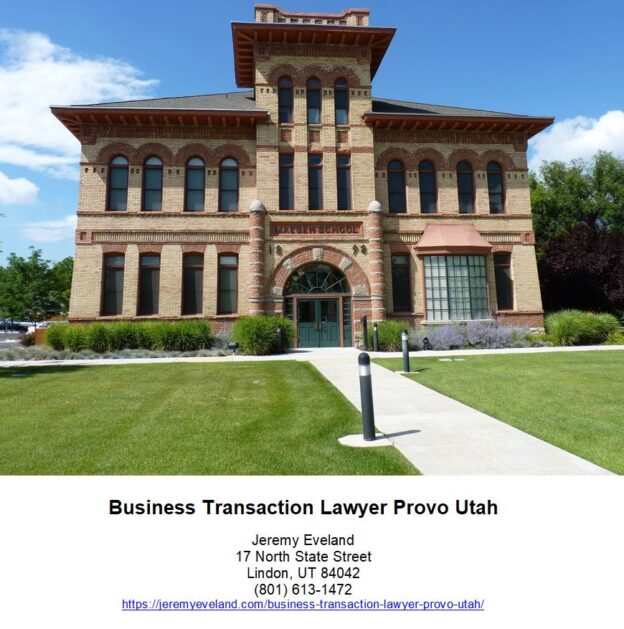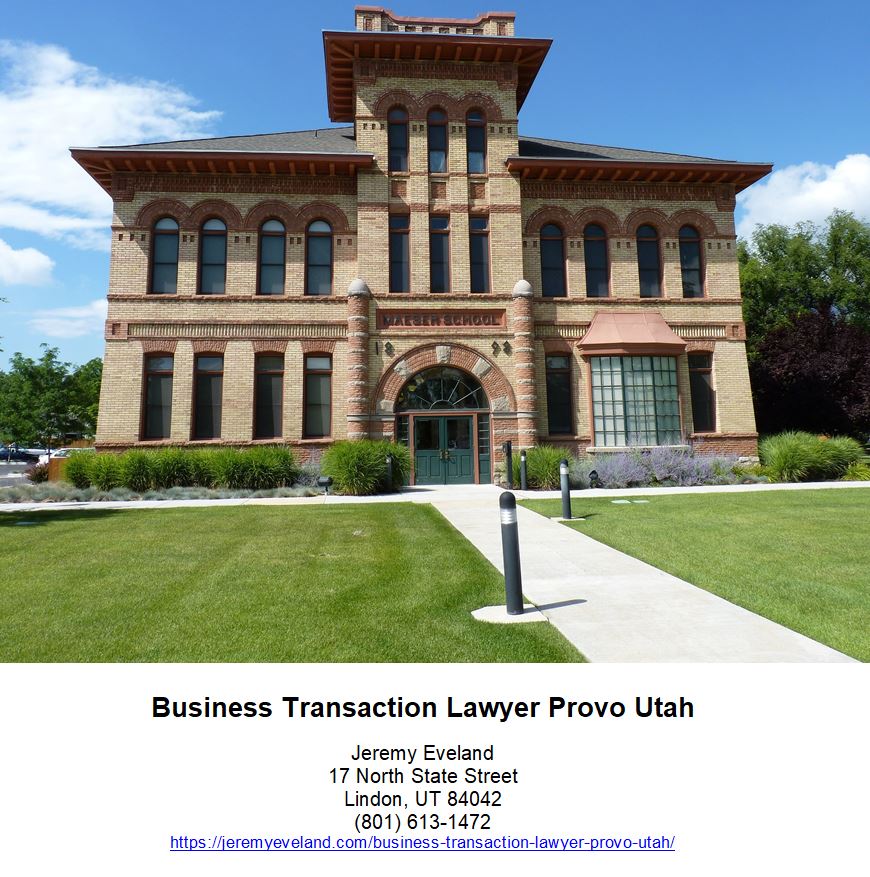Concrete Pumping Business Lawyer
-
Contractor Attorney
- Introduction
- Creating a Business Plan for Your Concrete Pumping Business
- Drafting a Noncompetition Agreement for Your Concrete Pumping Business
- Establishing a Brand Identity for Your Concrete Pumping Business
- Navigating the CPA Model Conditions for Concrete Pumping Operations
- Understanding the Legal Requirements for Starting a Concrete Pumping Business
- OSHA Requirements for Concrete Pumping Companies
- Work Safety and Insurance for Concrete Pumping Businesses
- Q&A
“Protecting Your Concrete Pumping Business with Legal Expertise”
Introduction
Welcome to the world of Concrete Pumping Business Lawyer. This is a specialized field of law that deals with the legal issues related to the concrete pumping industry. It covers a wide range of topics, from contracts and regulations to safety and liability. As a Concrete Pumping Business Lawyer, I am here to help you navigate the complexities of this industry and ensure that your business is compliant with all applicable laws. I have extensive experience in this field and can provide you with the legal advice and representation you need to protect your business and its interests.
Creating a Business Plan for Your Concrete Pumping Business
Creating a business plan for a concrete pumping business is an important step in ensuring the success of the venture. A business plan is a document that outlines the goals, strategies, and objectives of the business. It also serves as a roadmap for the business, providing guidance on how to achieve those goals.
The first step in creating a business plan is to define the purpose of the business. What services will the business provide? What is the target market? What are the competitive advantages of the business? Answering these questions will help to define the scope of the business and provide a foundation for the rest of the plan.
The next step is to develop a marketing plan. This should include an analysis of the target market, an assessment of the competition, and a strategy for reaching potential customers. The marketing plan should also include a budget for advertising and promotion.
The third step is to develop a financial plan. This should include an estimate of start-up costs, an analysis of potential revenue streams, and a projection of future profits. It should also include a plan for managing cash flow and a strategy for financing the business.
The fourth step is to develop an operational plan. This should include a description of the equipment and personnel needed to run the business, a plan for training and managing employees, and a strategy for meeting customer needs.
The fifth step is to develop a risk management plan. This should include an assessment of potential risks, a plan for mitigating those risks, and a strategy for responding to unexpected events.
Finally, the business plan should include a summary of the key points and a timeline for achieving the goals outlined in the plan.
Creating a business plan for a concrete pumping business is an important step in ensuring the success of the venture. A well-crafted business plan will provide a roadmap for the business, helping to ensure that it reaches its goals and objectives.
Drafting a Noncompetition Agreement for Your Concrete Pumping Business
This Noncompetition Agreement (the “Agreement”) is made and entered into as of [date] (the “Effective Date”) by and between [name of company] (the “Company”) and [name of employee] (the “Employee”).
WHEREAS, the Company is engaged in the business of providing concrete pumping services (the “Business”); and
WHEREAS, the Employee is employed by the Company and has access to confidential information and trade secrets of the Company; and
WHEREAS, the Employee desires to enter into this Agreement to protect the Company’s confidential information and trade secrets;
NOW, THEREFORE, in consideration of the mutual covenants and promises contained herein, the parties agree as follows:
1. Noncompetition. The Employee agrees that during the term of this Agreement and for a period of [number] years following the termination of this Agreement, the Employee shall not, directly or indirectly, engage in any business that competes with the Business of the Company.
2. Non-Solicitation. The Employee agrees that during the term of this Agreement and for a period of [number] years following the termination of this Agreement, the Employee shall not, directly or indirectly, solicit or attempt to solicit any customers or employees of the Company.
3. Confidentiality. The Employee agrees that during the term of this Agreement and for a period of [number] years following the termination of this Agreement, the Employee shall not, directly or indirectly, disclose any confidential information or trade secrets of the Company to any third party.
4. Remedies. The parties agree that any breach of this Agreement by the Employee shall cause irreparable harm to the Company and that the Company shall be entitled to seek injunctive relief in addition to any other remedies available at law or in equity.
5. Miscellaneous. This Agreement shall be governed by and construed in accordance with the laws of the State of [state]. This Agreement constitutes the entire agreement between the parties with respect to the subject matter hereof and supersedes all prior agreements and understandings, whether written or oral, between the parties with respect to the subject matter hereof. This Agreement may not be amended or modified except by a written agreement signed by both parties.
IN WITNESS WHEREOF, the parties have executed this Agreement as of the date first written above.
[Name of Company]
[Name of Employee]
Remember this is a sample only and cannot be substituted for actual legal advice and a specific agreement drafted for your jurisdiction by a licensed attorney.
Establishing a Brand Identity for Your Concrete Pumping Business
Creating a strong brand identity for your concrete pumping business is essential for success. A well-defined brand identity will help you stand out from the competition and attract new customers. It will also help you build trust and loyalty with existing customers.
The first step in establishing a brand identity is to define your company’s mission and values. What sets your business apart from the competition? What do you offer that no one else does? What do you stand for? Answering these questions will help you create a unique and memorable brand identity.
Once you have a clear mission and values, you can begin to develop your brand’s visual identity. This includes creating a logo, choosing colors and fonts, and designing a website. Your logo should be simple and memorable, and it should reflect your company’s mission and values. Your website should be professional and easy to navigate.
In addition to your visual identity, you should also create a voice for your brand. This includes the language you use in your marketing materials, website, and social media posts. Your voice should be consistent and reflect your company’s mission and values.
Finally, you should create a strategy for promoting your brand. This includes developing a content marketing plan, creating social media accounts, and engaging with customers. You should also consider investing in paid advertising to reach a wider audience.
By following these steps, you can create a strong brand identity for your concrete pumping business. This will help you stand out from the competition and attract new customers. It will also help you build trust and loyalty with existing customers.
Navigating the CPA Model Conditions for Concrete Pumping Operations
Concrete pumping operations are a critical part of the construction industry, and it is important to ensure that they are conducted safely and in accordance with the applicable regulations. The CPA Model Conditions for Concrete Pumping Operations provide a comprehensive set of guidelines for the safe and efficient operation of concrete pumps.
The CPA Model Conditions are divided into four main sections: General Conditions, Equipment Conditions, Operational Conditions, and Training Conditions. The General Conditions provide an overview of the regulations and requirements that must be met in order to operate a concrete pump safely. This section includes information on the types of pumps that can be used, the safety equipment that must be provided, and the responsibilities of the operator.
The Equipment Conditions section outlines the specific requirements for the concrete pump and its components. This includes information on the design and construction of the pump, the maintenance and inspection requirements, and the safety features that must be included.
The Operational Conditions section outlines the procedures that must be followed when operating a concrete pump. This includes information on the proper use of the pump, the safety precautions that must be taken, and the procedures for dealing with any potential hazards.
Finally, the Training Conditions section outlines the training requirements for operators of concrete pumps. This includes information on the types of training that must be completed, the qualifications that must be met, and the procedures for ensuring that operators are properly trained.
By following the CPA Model Conditions for Concrete Pumping Operations, operators can ensure that their operations are conducted safely and in accordance with the applicable regulations. This will help to protect both the operators and the public from potential hazards associated with concrete pumping operations.
Understanding the Legal Requirements for Starting a Concrete Pumping Business
Starting a concrete pumping business requires a thorough understanding of the legal requirements that must be met in order to operate legally. This article will provide an overview of the legal requirements for starting a concrete pumping business.
First, it is important to understand the licensing requirements for operating a concrete pumping business. Depending on the state, a business may need to obtain a general contractor’s license, a special license for concrete pumping, or both. Additionally, the business may need to obtain a business license from the local government. It is important to research the specific licensing requirements for the state and local area in which the business will be operating.
Second, it is important to understand the safety regulations that must be followed when operating a concrete pumping business. The Occupational Safety and Health Administration (OSHA) has established safety regulations for the operation of concrete pumps. These regulations include requirements for the proper maintenance of the equipment, the use of personal protective equipment, and the training of employees. It is important to ensure that all safety regulations are followed in order to protect employees and customers.
Third, it is important to understand the insurance requirements for operating a concrete pumping business. Most states require businesses to carry liability insurance in order to protect against potential lawsuits. Additionally, businesses may need to carry workers’ compensation insurance in order to protect employees in the event of an injury. It is important to research the specific insurance requirements for the state and local area in which the business will be operating.
Finally, it is important to understand the tax requirements for operating a concrete pumping business. Depending on the state, businesses may need to obtain a sales tax permit and collect sales tax from customers. Additionally, businesses may need to register with the state’s department of revenue in order to pay taxes on income. It is important to research the specific tax requirements for the state and local area in which the business will be operating.
In conclusion, starting a concrete pumping business requires a thorough understanding of the legal requirements that must be met in order to operate legally. It is important to research the specific licensing, safety, insurance, and tax requirements for the state and local area in which the business will be operating. By understanding and following the legal requirements, businesses can ensure that they are operating legally and protecting their employees and customers.
OSHA Requirements for Concrete Pumping Companies
Concrete pumping companies must adhere to the safety regulations set forth by the Occupational Safety and Health Administration (OSHA). These regulations are designed to protect the safety and health of employees and ensure that the workplace is free from hazards.
OSHA requires that employers provide a safe and healthful workplace for their employees. This includes providing appropriate safety equipment, training, and supervision. Employers must also ensure that employees are aware of the potential hazards associated with concrete pumping and take steps to minimize those risks.
Employers must provide personal protective equipment (PPE) to employees who are exposed to hazards while performing concrete pumping operations. This includes hard hats, safety glasses, hearing protection, and protective clothing. Employers must also provide appropriate respiratory protection for employees who are exposed to hazardous dusts and fumes.
Employers must also ensure that employees are properly trained in the safe operation of concrete pumping equipment. This includes training on the proper use of the equipment, the proper handling of hazardous materials, and the proper maintenance of the equipment.
Employers must also ensure that employees are aware of the potential hazards associated with concrete pumping operations. This includes the potential for falls, electrocution, and exposure to hazardous materials. Employers must also ensure that employees are aware of the proper safety procedures to follow in the event of an emergency.
Finally, employers must ensure that all concrete pumping equipment is inspected and maintained on a regular basis. This includes inspecting the equipment for any signs of wear or damage, and ensuring that all safety features are functioning properly.
By following these OSHA requirements, employers can help ensure that their employees are safe and healthy while performing concrete pumping operations.
Work Safety and Insurance for Concrete Pumping Businesses
Concrete pumping businesses are responsible for providing a safe working environment for their employees. To ensure the safety of their workers, employers must adhere to the safety regulations set forth by the Occupational Safety and Health Administration (OSHA). Additionally, employers must provide workers’ compensation insurance to cover any medical expenses or lost wages that may result from a workplace injury or illness.
To comply with OSHA regulations, employers must provide a safe working environment for their employees. This includes providing proper safety equipment, such as hard hats, safety glasses, and protective clothing. Employers must also ensure that all equipment is properly maintained and inspected regularly. Additionally, employers must provide adequate training to their employees on the proper use of the equipment and safety procedures.
In addition to providing a safe working environment, employers must also provide workers’ compensation insurance to cover any medical expenses or lost wages that may result from a workplace injury or illness. This insurance is designed to protect both the employer and the employee in the event of an accident or illness. Employers must also provide disability insurance to cover any lost wages that may result from an employee’s inability to work due to an injury or illness.
By adhering to OSHA regulations and providing workers’ compensation and disability insurance, employers can ensure the safety of their employees and protect themselves from potential liability. It is important for employers to understand their responsibilities and take the necessary steps to ensure the safety of their employees.
Q&A
1. What legal issues should I consider when starting a concrete pumping business?
You should consider the following legal issues when starting a concrete pumping business: obtaining the necessary permits and licenses, understanding zoning regulations, researching local and state regulations, understanding labor laws, understanding tax laws, and understanding insurance requirements.
2. What type of insurance do I need for a concrete pumping business?
You will need general liability insurance, workers’ compensation insurance, and commercial auto insurance.
3. What type of permits and licenses do I need for a concrete pumping business?
You will need a business license, a contractor’s license, and any other permits or licenses required by your local or state government.
4. What type of zoning regulations do I need to be aware of when starting a concrete pumping business?
You will need to research local zoning regulations to ensure that your business is in compliance with local laws.
5. What type of labor laws do I need to be aware of when starting a concrete pumping business?
You will need to understand labor laws related to wages, hours, and safety.
6. What type of tax laws do I need to be aware of when starting a concrete pumping business?
You will need to understand federal, state, and local tax laws related to your business.
7. What other legal issues should I consider when starting a concrete pumping business?
You should also consider intellectual property laws, environmental laws, and any other laws that may be applicable to your business.
Concrete Pumping Business Lawyer Consultation
When you need legal help from a Concrete Pumping Business Lawyer call Jeremy D. Eveland, MBA, JD (801) 613-1472 for a consultation.
Jeremy Eveland
17 North State Street
Lindon UT 84042
(801) 613-1472
Related Posts
Business Law and Intellectual Property
Commercial Litigation Strategies
Estate Planning Lawyer Salt Lake City Utah


























